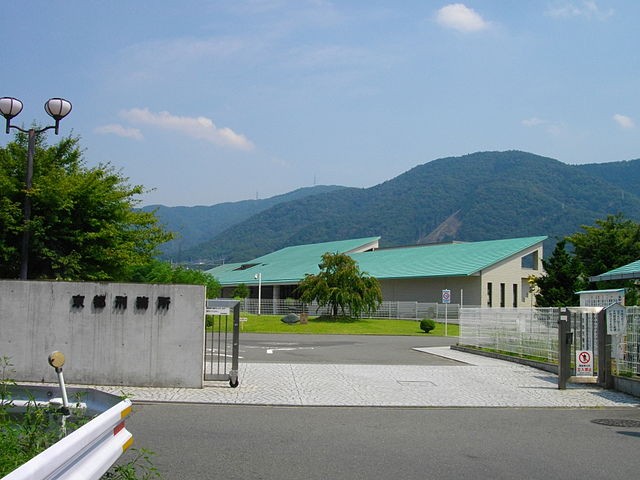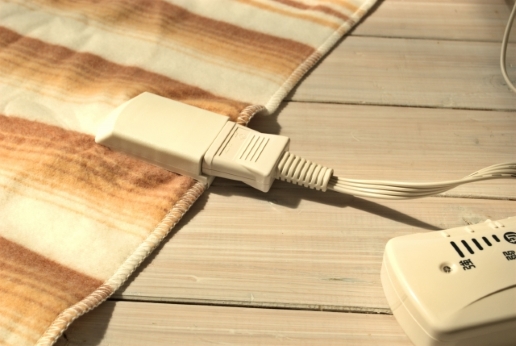Aging is becoming the newest challenge for managing a prison in Japan, NHK reports.
According to Japan’s Ministry of Justice statistics, 11.8 percent of the newly admitted prisoners in 2017 were considered elderly, defined as age 65 or older. The number of elderly inmates has grown threefold and the ratio has grown fourfold compared to 20 years ago.
From the provision of food to the intensity of labor, Japanese prisons are making numerous changes to cope with the problem of aging inmates. Diapers are becoming the new items on the inventory checklist, and barrier-free facilities are being implemented in bathrooms.
Prisoners with dementia often get into arguments and fights for trivial reasons. And the management and distribution of medicine also contribute to an extra workload for prison workers.
Joji Furuyama (古山譲治), a prison officer at Fuchu Prison, told NHK that the elderly inmates at Fuchu have been sent to prison an average of seven times. There was even a case in which a 90-year-old spent in a total of 50 years in prison.
Furuyama explained that the main reason older ex-cons violate the law is that they find life in prison to be much easier, especially those who have no family to depend on. However, prison officers are not trained to take care of older people.
While the aging of inmates is becoming more of a burden on prison staff, another problem is the shortage of prison officers in Japan. According to the Ministry of Justice data, there are only 17,500 officers compared to 53,000 prisoners, but 22.1 percent of officers quit within three years, making lack of experience a major problem.
Criminologist Shinichi Ishizuka (石塚伸一) at Ryukoku University warned that the phenomenon shows that both rehabilitation and public nursing services are failing in Japan. He called for the government’s attention to decrease the number of people committing a crime just to reenter prison institutions.
“Prison should be a rehabilitating facility, not a nursing house,” Ishizuka said. “This is almost a microcosm of the Japanese society,” NHK reporter Yasuhiro Yamada (山田康博) commented.
By Taiwan News








